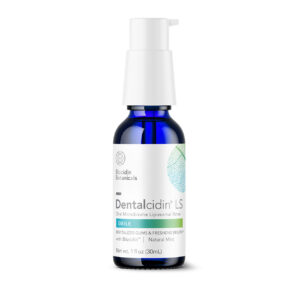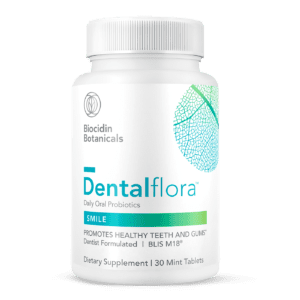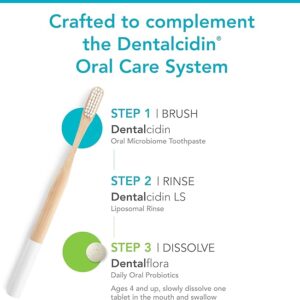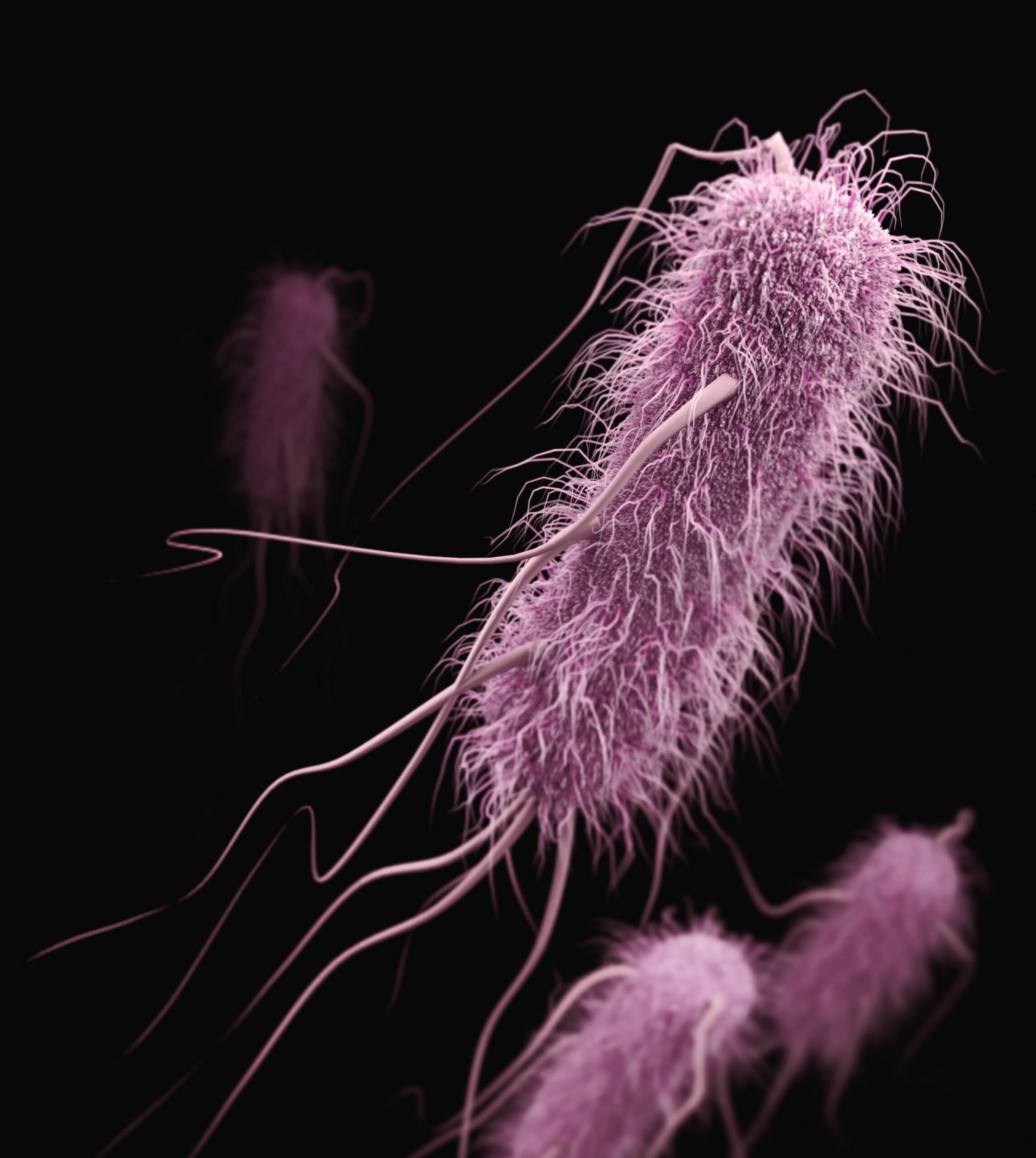What are endotoxins?
Endotoxins are toxic molecules that are produced by certain types of bacteria in the gut. They are known to cause leaky gut and subsequent inflammation throughout the body.
Gram-negative bacteria have an outer membrane that contains a molecule called lipopolysaccharide (LPS). LPS is a component of the bacterial cell wall and is released when the bacteria die or are destroyed.
The LPS molecule contains a lipid portion that anchors it to the bacterial outer membrane and a polysaccharide portion that projects outward. It is this polysaccharide portion that is responsible for the toxic effects of LPS.
In the gut, Gram-negative bacteria are able to survive by forming colonies in the intestinal lining or biofilms that protect them from the immune system. However, when these bacteria die or are destroyed, they release their endotoxins, which can cause damage to the body.
As a result, endotoxins are associated with many chronic inflammatory conditons:
- Diabetes type 2
- Artherosclerosis
- Alzheimers
- Liver disease
- Obesity & metabolic syndrome
- Depression
- Chronic Fatigue Syndrome
Which bacteria produce endotoxins?
The most well-known bacteria that produce endotoxins are Gram-negative bacteria. Species such as Escherichia, Salmonella, Pseudomonas, Citrobacter and Klebsellia are known to produce endoxotins.
How can I reduce endotoxins in my gut microbiome?
Reduce the pH of the large bowel
Reduce the pH of the colon to inhibit the growth of Gram-negative bacteria in the gut. Gram-negative bacteria thrive in a more alkaline environment, whereas acidic conditions inhibit their growth and promote the growth of beneficial bacteria.
Here are some steps you can take as part of a larger strategy to reduce your load of endotoxins in the gut.
Eat high polyphenol foods:
Polyphenols can help to regulate gut pH by stimulating the growth of beneficial bacteria in the gut. These beneficial bacteria produce short-chain fatty acids (SCFAs), such as butyrate, which are known to reduce the pH of the gut by increasing acidity. Polyphenols can also inhibit the growth of harmful bacteria in the gut, which can contribute to a more acidic environment.
Consume prebiotic fibres:
Prebiotic fibres like partially hydrolysed guar gum (PHGG), konjac glucomannan and inulin restore the pH of the large bowel, which is slightly acidic. As a result, this makes an environment that endotoxin producing bacteria can’t live in!
Eat fermented foods:
Fermented foods such as yoghurt, kefir, kimchi, sauerkraut, and kombucha contain live probiotics. Certainly, this increases acidity in the gut, although the change is temporary so you need to eat these regularly.
Take a probiotic supplement:
Probiotic supplements introduce beneficial bacteria into the gut temporarily and promote a healthy gut microbiome. As a result, this helps to “crowd out” the gram-negative bacteria. Look for a supplement that contains a variety of different strains of bacteria, including Lactobacillus and Bifidobacterium species. However, probiotics should be taken with prebiotics to enhance the longevity of effects.
Target endotoxins with an anti-LPS supplement:
Protectyn® contains antibodies, including immunoglobulin A (IgA), which bind to and neutralize LPS in the gut, preventing them from crossing the gut barrier and entering the bloodstream.
Reduce your intake of sugar and processed foods:
Sugar and processed foods promote the growth of harmful bacteria and reduce the growth of beneficial bacteria. Therefore, limit your intake of these foods and instead focus on whole, nutrient-dense foods







